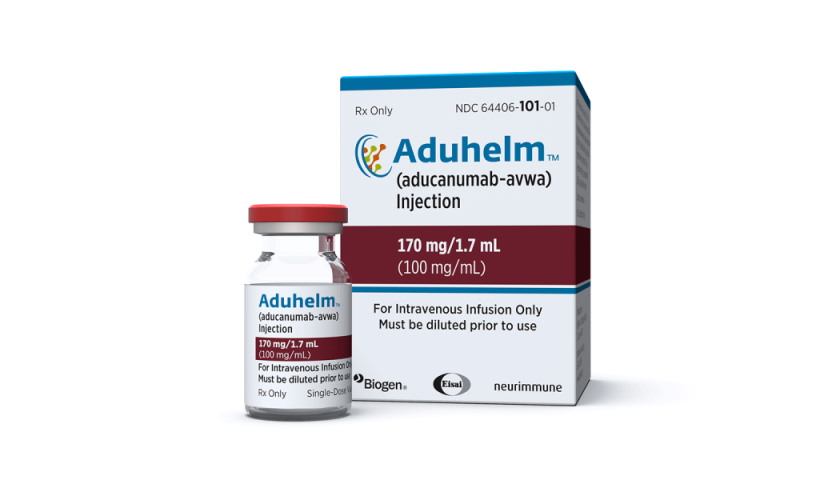Biogen finally publishes its phase 3 Aduhelm data

After months of debate about the validity of its phase 3 clinical trials for Alzheimer's therapy Aduhelm, Biogen has published the results in a peer-review journal, allowing physicians to look at the data and judge its efficacy and safety.
The choice of journal looks like it could, however, add to the controversy surrounding the troubled drug, which has been used to treat only a few patients since its accelerated approval by the FDA last June.
The paper on the results of the phase 3 ENGAGE and EMERGE trials has appeared in the Journal of Prevention of Alzheimer's Disease (JPAD), a fairly well-established publication, but one which has less prestige than might be expected to feature the first drug claimed to be disease-modifying in Alzheimer's.
It's also notable that JPAD's editor-in-chief Dr Paul Aisen is one of the lead investigators on the Aduhelm (aducanumab) studies and – according to an Endpoints report – is also a paid Biogen consultant, although he has said he was not involved in the review of the paper.
He did however comment on the publication, saying "this dataset is critical to advancing the understanding of the phase 3 results [and] a testament to the importance of the findings for the scientific and Alzheimer's disease communities."
As reported previously, EMERGE showed a statistically significant change across primary and secondary clinical endpoints, including Clinical Dementia Rating Sum of Boxes (CDR-SB) at week 78, although ENGAGE failed across the board.
Aduhelm was ultimately approved by the FDA based on the reduction in amyloid beta plaques observed in patients treated with the drug, a surrogate marker that Biogen links to cognitive effects.
"We are pleased that the peer-reviewed manuscript is now available to provide physicians with a greater understanding of the appropriate use of Aduhelm," said Biogen's head of neurodegeneration development Samantha Budd Haeberlein.
"We will continue to provide physicians with efficacy and safety data to help them make the best treatment decisions for patients as we learn from our ongoing trials and real-world evidence," she added.
Meanwhile, Biogen also reported data from a long-term extension phase from the two studies, which showed a continued effect on biomarkers for the disease up to two and a half years.
The antibody reduced amyloid beta plaque levels out to week 132 of treatment, and also cut plasma levels of a biomarker protein called p-tau181 at week 128, according to a presentation of the data at the International Conference on Alzheimer's and Parkinson's Diseases.
Data from the two phase 3 studies also showed that clinical decline was reduced in participants who had plasma p-tau181 reduction at 78 weeks, which Haeberlein said was a "meaningful" finding.
While the results add to the biomarker data for Aduhelm, prescribing of the drug is likely to remain minimal if Medicare proposals to limit use of the drug to approved clinical trials are finalised unchanged.
There are signs of opposition to that stance. Groups in the US have started a campaign, led by USAgainstAlzheimer's, which is reportedly spending millions of dollars on advertising to lobby for freer access.












